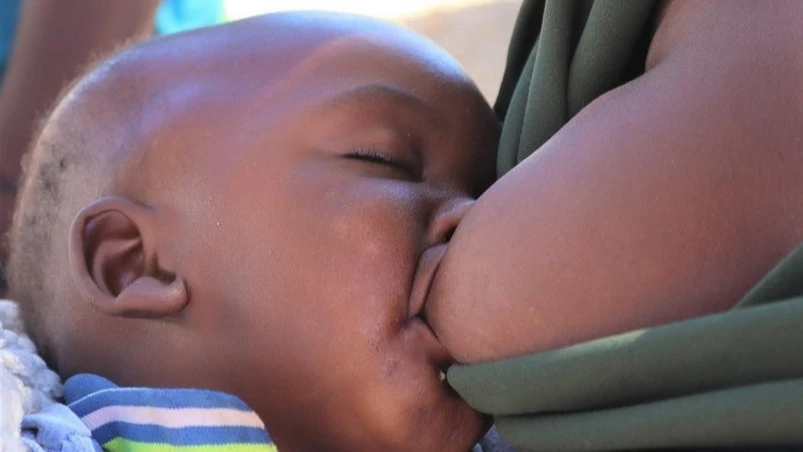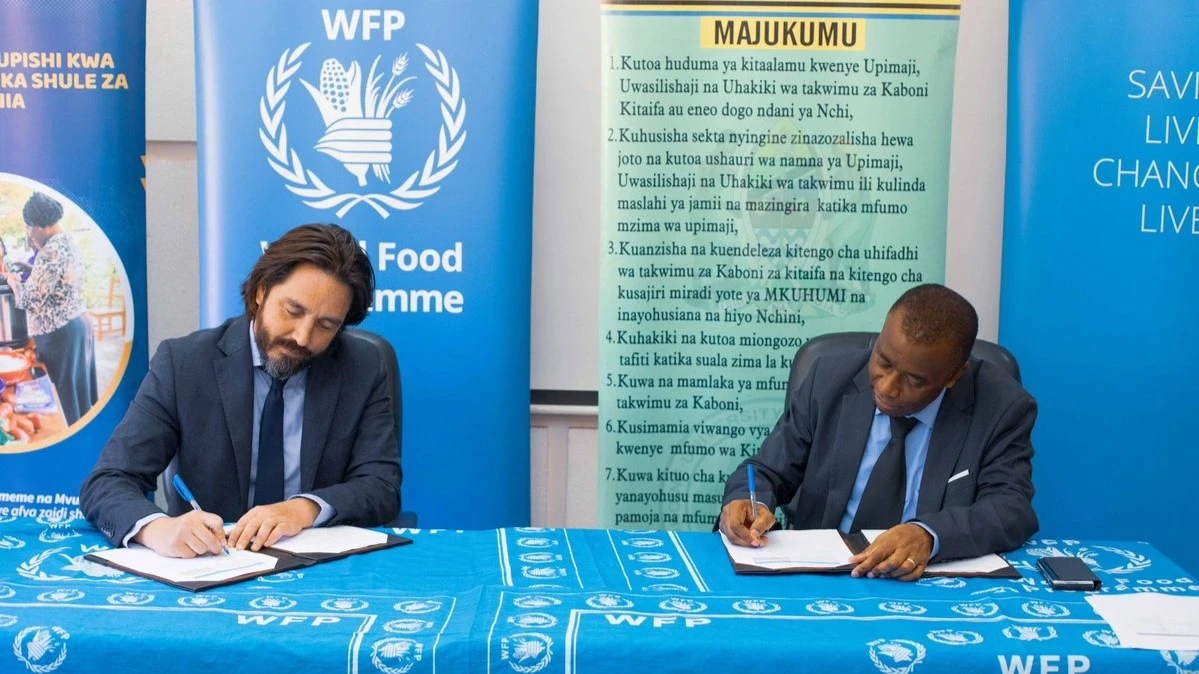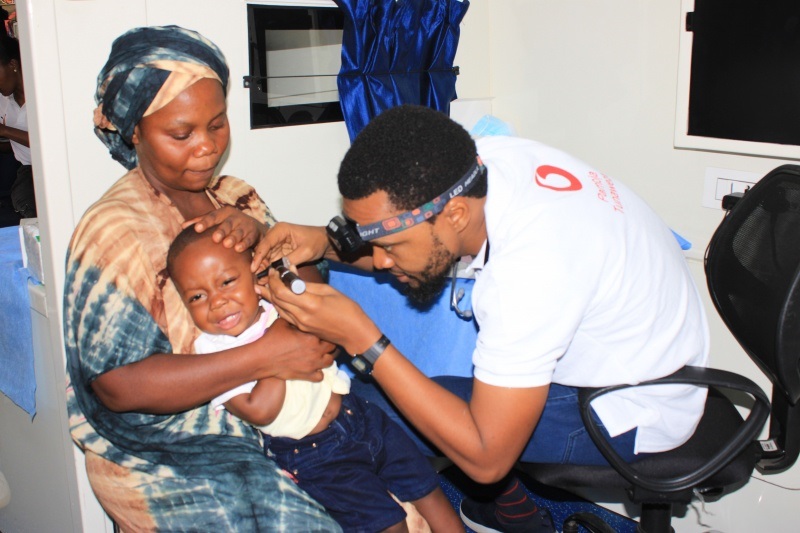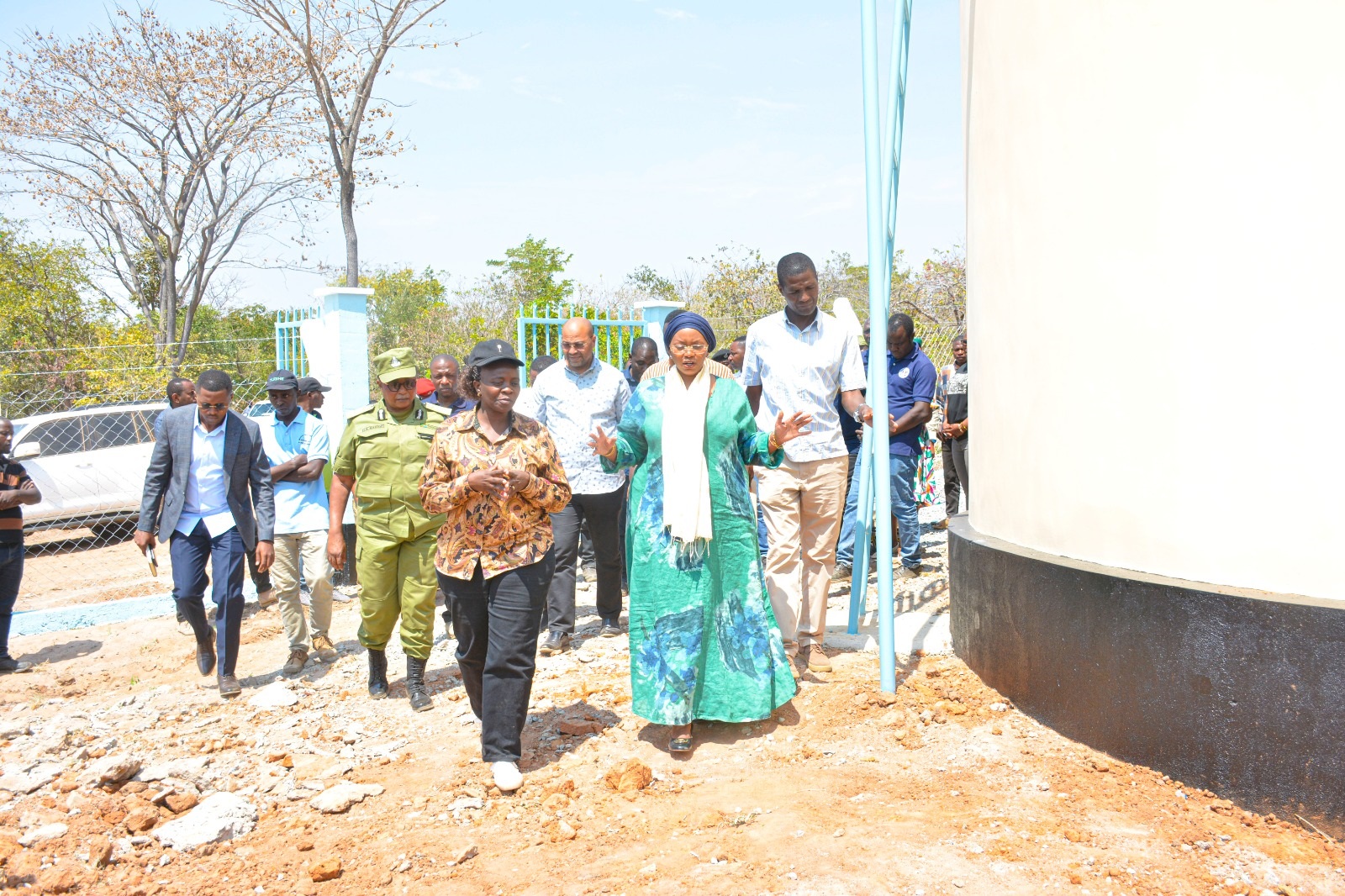Breastfeeding week: Need to strengthen support systems for a healthier nation

TANZANIA joined the global community in marking the World Breastfeeding Week, observed annually from August 1st to 7th with attention being drawn to the critical role breastfeeding plays in ensuring child survival, improving maternal health and supporting economic development.
The 2025 global theme, ‘Prioritise Breastfeeding: Create Sustainable Support Systems’, calls on governments, communities, employers and health systems to build long-term structures that enable mothers to initiate and continue breastfeeding successfully.
According to the World Health Organization (WHO) and UNICEF, breastfeeding is one of the most effective ways to promote child health and prevent mortality. Breast milk contains all the nutrients an infant needs in the first six months of life and provides antibodies that protect against common childhood illnesses.
Beyond infancy, breastfeeding contributes to cognitive development and offers long-term health benefits for both mother and child. Mothers who breastfeed experience lower risks of breast and ovarian cancers and type 2 diabetes.
In Tanzania, breastfeeding is widely practiced, but optimal breastfeeding practices such as exclusive breastfeeding for six months and continued breastfeeding up to two years remain a challenge.
The 2022 Tanzania Demographic and Health Survey (TDHS) indicate that 59 percent of children under six months are exclusively breastfed. This reflects a moderate improvement but remains below the optimal level recommended by WHO.
Moreover, only 51 percent of new-borns are breastfed within the first hour of birth, a critical period for initiating breastfeeding and ensuring infant survival.
One of the significant barriers to sustained breastfeeding is the limited support provided to mothers, particularly those working in the informal sector or in private employment without adequate maternity protections.
Tanzania’s labour law provides for at least 84 days of paid maternity leave and entitles mothers to breastfeeding breaks during working hours.
Enforcement of these provisions is inconsistent and many women, especially those outside formal employment, are forced to return to work early or abandon exclusive breastfeeding due to lack of support.
The majority of Tanzanian women are employed in the informal sector, including agriculture, petty trade, and domestic services, where maternity protection and breastfeeding facilities are virtually non-existent.
This situation presents a dilemma for mothers who must choose between income and the nutritional needs of their children. Creating breastfeeding-friendly workplaces, offering flexible schedules, and establishing lactation spaces are critical steps toward improving this situation.
In the public sector, some efforts have been made to support breastfeeding among employees, but implementation remains uneven and limited primarily to urban centers.
In addition to workplace challenges, social norms and traditional beliefs contribute to the early introduction of water, porridge, or herbal mixtures before six months of age. Such practices interfere with the benefits of exclusive breastfeeding and expose infants to risks of malnutrition and infections.
Misconceptions about milk insufficiency, perceptions that colostrum is harmful, and lack of male involvement in childcare responsibilities further compound the problem.
Government interventions
To address these issues, the government, through the Ministry of Health and the Tanzania Food and Nutrition Centre (TFNC), has adopted a comprehensive approach to promoting breastfeeding.
One of the key strategies has been implementation of the Baby-Friendly Hospital Initiative (BFHI), a global program initiated by WHO and UNICEF to ensure that all maternity services support breastfeeding as the norm.
Under this initiative, hospitals and health centers are assessed and accredited based on their adherence to ten breastfeeding-promoting steps, including early initiation, exclusive breastfeeding counselling, and rooming-in practices.
As of 2024, more than 170 health facilities across the country have been certified as baby-friendly. These facilities are expected to ensure that mothers receive immediate support after birth, including skin-to-skin contact and assistance with latching.
The programme also discourages the unnecessary use of formula and promotes continued breastfeeding through antenatal and postnatal care. The government aims to expand BFHI to additional regions, particularly those with high rates of child stunting and malnutrition.
Community-based interventions have also played a vital role in supporting breastfeeding at the household level. Community health workers, known as ‘Wajumbe wa Afya ya Jamii’, are trained to provide health education on breastfeeding and child nutrition.
These volunteers conduct home visits, offer practical guidance on breastfeeding positions and milk expression, and refer mothers to health facilities when complications arise. Their efforts have helped to bridge the gap between clinical services and traditional caregiving environments.
Public awareness campaigns have further reinforced key messages about breastfeeding. Through radio programmes, television talk shows, community theatre, and social media platforms, organizations such as TFNC, UNICEF, and civil society partners have disseminated information about the importance of exclusive breastfeeding. National campaigns such as ‘Wazazi Nipendeni’ have reached millions of Tanzanians with content on maternal and child health, encouraging early initiation and continued breastfeeding.
Commitment to improving breastfeeding outcomes is reflected in the National Multisectoral Nutrition Action Plan II (NMNAP II) 2021–2026. The plan prioritizes optimal breastfeeding as a core strategy for addressing child malnutrition and achieving broader development goals.
It also recognizes breastfeeding as a critical intervention during the first 1,000 days of a child’s life—from conception to the second birthday—a window that plays a decisive role in shaping future health, brain development, and overall productivity.
Despite these efforts, challenges remain. The rate of stunting among children under five is still high, at 31.8 percent according to the TDHS 2022. Poor infant feeding practices, including inadequate breastfeeding, are among the major contributors.
In regions such as Rukwa, Kigoma, and Njombe, stunting rates exceed the national average, underscoring the need for intensified breastfeeding promotion and maternal nutrition interventions.
Emergencies such as floods, droughts, and disease outbreaks further threaten breastfeeding practices. In emergency settings, infants are at higher risk of illness and death due to poor hygiene and unsafe water.
The Ministry of Health, in partnership with humanitarian agencies, has developed national guidelines to protect breastfeeding during emergencies. These guidelines discourage the indiscriminate distribution of breast milk substitutes and promote safe breastfeeding practices, even under stress and displacement.
The economic benefits of breastfeeding are also significant. A 2016 study published in The Lancet estimated that low- and middle-income countries lose billions of dollars annually due to suboptimal breastfeeding, largely through increased healthcare costs and diminished cognitive potential in children.
Improving breastfeeding rates has the potential to enhance national productivity, lower public and household healthcare expenditures, and strengthen long-term human capital development.
Efforts to increase investment in breastfeeding support are beginning to gain momentum at policy level. Our institutions such as the Parliament of Tanzania, the Ministry of Gender, and development partners have advocated for more budgetary allocation to nutrition, with a portion dedicated to maternal and infant feeding.
As a member of the Scaling Up Nutrition (SUN) Movement, the country continues to promote coordinated, multi-sectoral action on nutrition, including the creation of breastfeeding-friendly environments across health systems, communities, and workplaces.
Civil society organizations have also called for stronger regulation of breast milk substitutes, in line with the International Code of Marketing of Breast-milk Substitutes. While some countries have taken steps to restrict the inappropriate marketing of formula products, enforcement often remains weak.
Advocacy groups continue to emphasize the need for robust public monitoring, transparent penalties, and clear product labeling to prevent misleading health claims that could undermine breastfeeding.
One promising development is the growing recognition of the role men and fathers can play in supporting breastfeeding. Several campaigns have begun involving men in parenting classes, birth preparedness sessions, and postnatal care visits to help normalize shared responsibility in newborn care.
Health workers are also being encouraged to directly engage male partners during clinic visits, especially in the first 40 days after birth when emotional and physical support for mothers is critical.
There is also growing momentum to integrate breastfeeding into universal health coverage and primary health care delivery. This includes ensuring that every health facility offering maternal and child health services has trained staff capable of delivering breastfeeding counseling, resolving common challenges like mastitis or latching issues, and referring cases that require advanced care.
In addition, digital tools are being piloted in some areas to track infant feeding patterns and provide mothers with real-time advice and follow-up reminders.
Looking ahead, there is a need for greater investment in breastfeeding support systems across the country. Strengthening health worker training, scaling up BFHI implementation, and increasing funding for community health programs are essential.
In the workplace, incentives for employers to establish breastfeeding facilities and flexible policies can accelerate progress. At the community level, increasing male engagement, challenging harmful norms, and reinforcing accurate information will empower mothers to make informed choices.
The World Breastfeeding Week serves as a powerful reminder that breastfeeding is not only a personal decision but a collective responsibility. By prioritizing breastfeeding and building sustainable support systems at every level of society, our country can ensure that every child has the best start in life. Breastfeeding is more than nourishment—it is a long-term investment in the future of the nation.
The author can be reached at judithjamestz@gmail.com
Top Headlines
© 2025 IPPMEDIA.COM. ALL RIGHTS RESERVED

























